Hiking is a fantastic method to strengthen your leg muscles and enhance your balance. It can also improve your quality of sleep at night, which is particularly beneficial for those who experience tension and anxiety.
Also, it can foster friendships you already have or help you develop new ones when you're out and about. Is hiking, though, stressful?
1. It takes a lot of labor.

Hiking is a taxing activity, even if it has many advantages. It develops stability and balancing abilities and uses all of the major leg muscles. It's also a fantastic method to encourage weight loss and burn calories.
The majority of hikes include climbing and descending, which work your legs' main muscles, such as your quads, glutes, and hamstrings. You are forced to move in a variety of directions by the uneven terrain, which strengthens the stabilizer muscles and guards against injuries from sudden changes in direction.
Hiking also exposes your skin to sunshine, which produces serotonin, a neurotransmitter that promotes happiness, and helps produce vitamin D. This combination lowers stress, enhances the quality of sleep, and fosters creativity and problem-solving abilities. In addition, spending time in nature is a fantastic way to clear your mind and unplug from the grind. Stress reduction is aided by this mental clarity, and it is particularly crucial in our technologically advanced society.
2. The activity is dangerous.
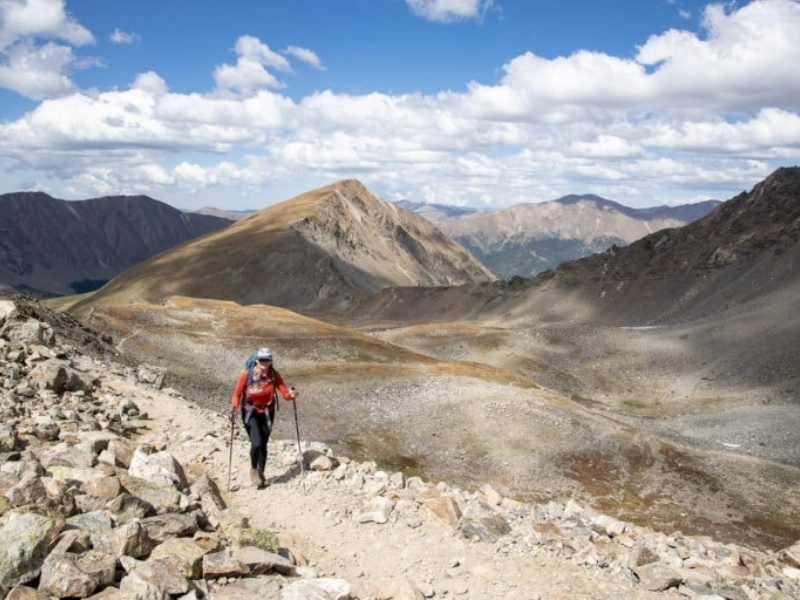
There are certain dangers associated with hiking. Hiking can result in harm or even death if you're in the wrong place or don't follow the necessary safety procedures. However, by planning ahead, dressing appropriately, and leaving a hiking plan with someone who is aware of your position and projected return time, you can reduce these hazards.
Snake bites are another possible concern for hikers. Even though these occurrences are uncommon, it's nevertheless advisable to avoid snakes and other wild creatures.
However, hiking is also a very effective method of lowering stress. Research has demonstrated that spending time in nature reduces ruminating and activates mood-related brain regions. Furthermore, the combination of sun-released serotonin and the endorphin high from exercise might transform you into a completely different person. The quiet of hiking paths, which frees hikers to concentrate on their thoughts undisturbed, intensifies these benefits. Hiking can be an excellent method to decompress and relieve tension, whether you're doing it by yourself or with others.
3. It's not suitable for all
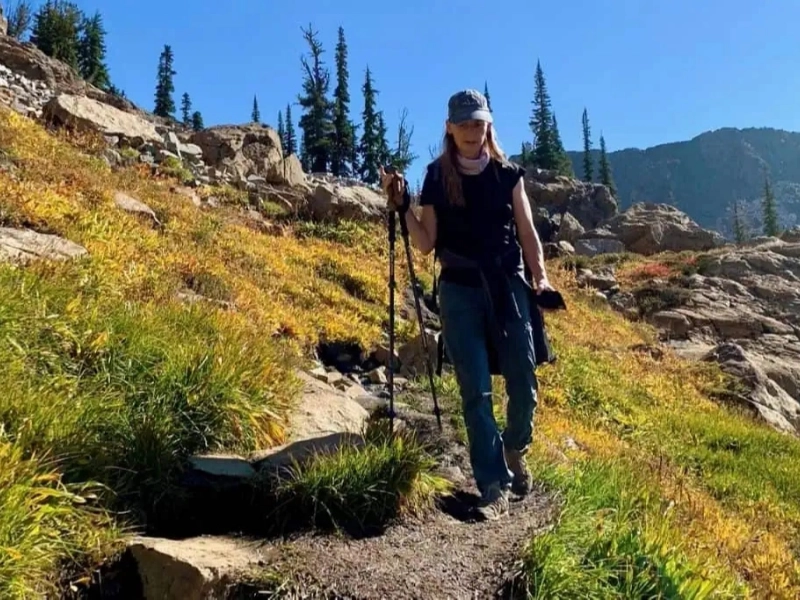
Hiking is excellent for your physical health, but it's not for everyone. It's a strenuous physical exercise that can be dangerous because of the terrain, bad weather, getting lost, or if you already have a medical problem.
Fortunately, there are lots of methods to enhance the safety and enjoyment of hiking for you and your family. To begin with, make sure your clothing is well-fitting and colorful; carry food and water; a first aid kit; and a GPS or compass in case of emergency.
Hiking in a group or with a partner can also help you get more fit and increase social support. People who work out together are more likely to succeed in their goals, according to studies. Additionally, hiking's emphasis on collaboration can lessen the pressures related to the sport by decreasing your sense of significance and providing you with motivation to keep moving forward. In today's society, feelings of loneliness may even be lessened by this kind of teamwork.
4. It's not simple.
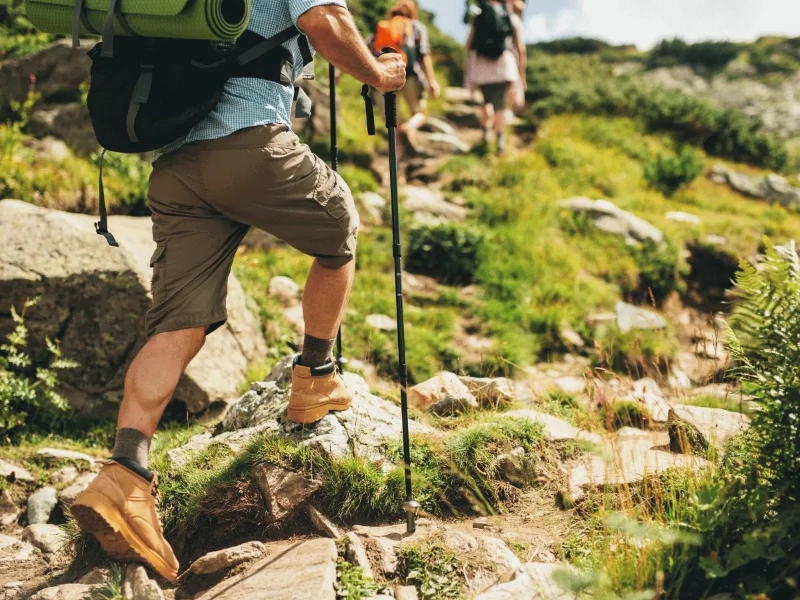
Your body has a hard time handling even the easiest hike. Balance, strength, and endurance are necessary for hiking, particularly while climbing or descending steep slopes. Repeatedly walking up and downhill strains your feet, ankles, and knees, which over time can lead to pain. Before hitting the trail, it's crucial to work out to increase your strength and endurance.
Hiking has several benefits that outweigh the physical difficulties, making it worthwhile. Hiking gives you the ability to push yourself physically and take in breathtaking landscapes that not many people get to witness. It also improves your mental health and fosters a connection with nature. Additionally, it can ease the dread, rage, and insecurity that some people experience in relation to the current climate crisis, a condition known as climate anxiety. According to studies, hiking can help you become more serene and detach from the worries of everyday life by reducing rumination.
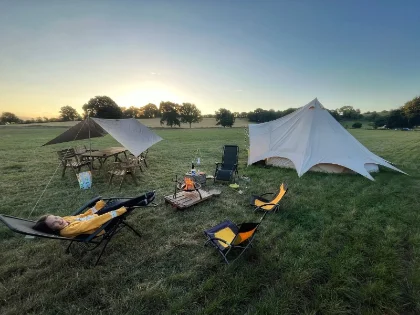

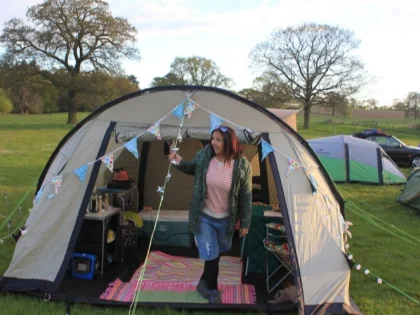
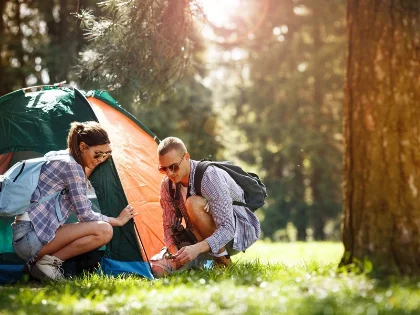
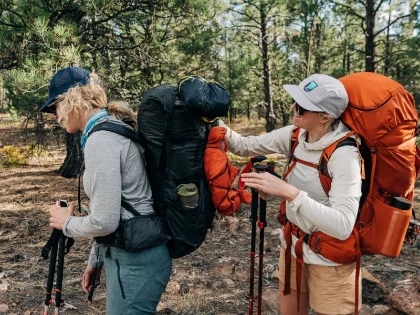




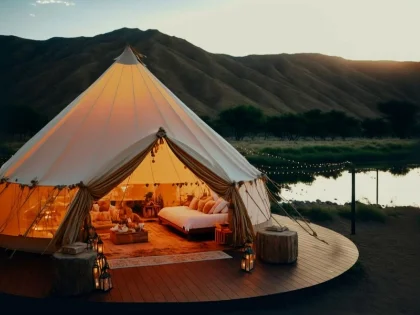
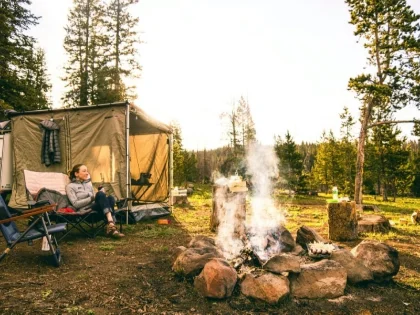
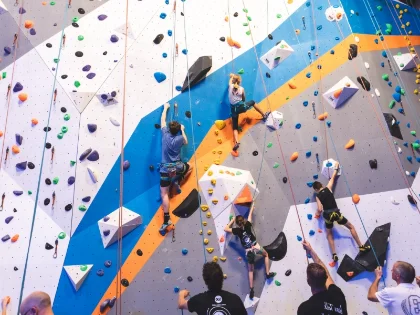
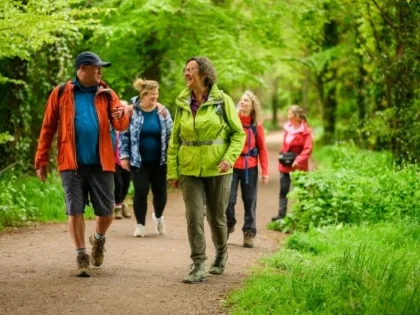
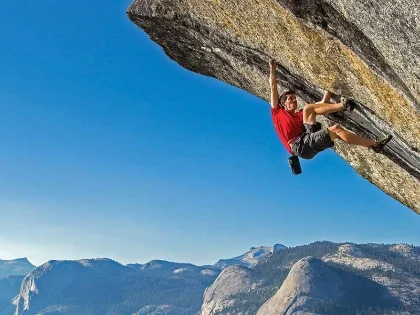


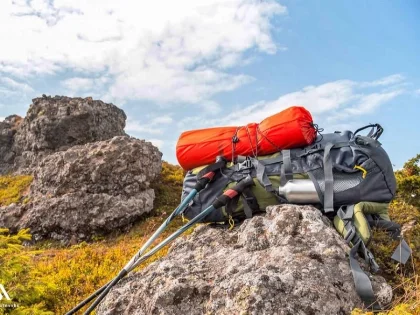
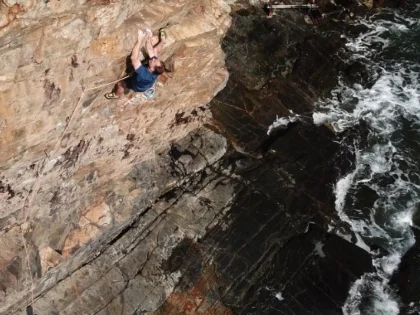






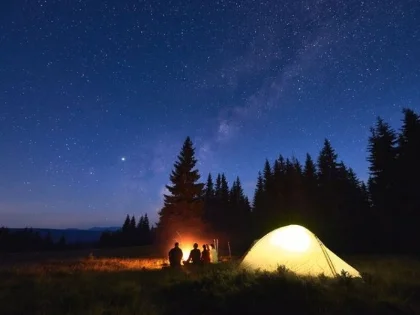
Comments
Leave a Comment
Your email address will not be published. Required fields are marked *